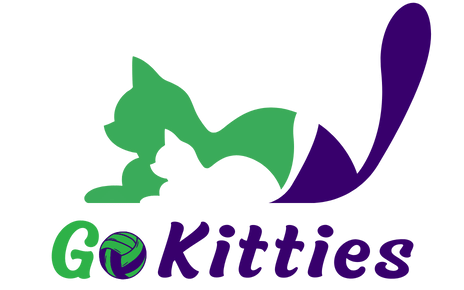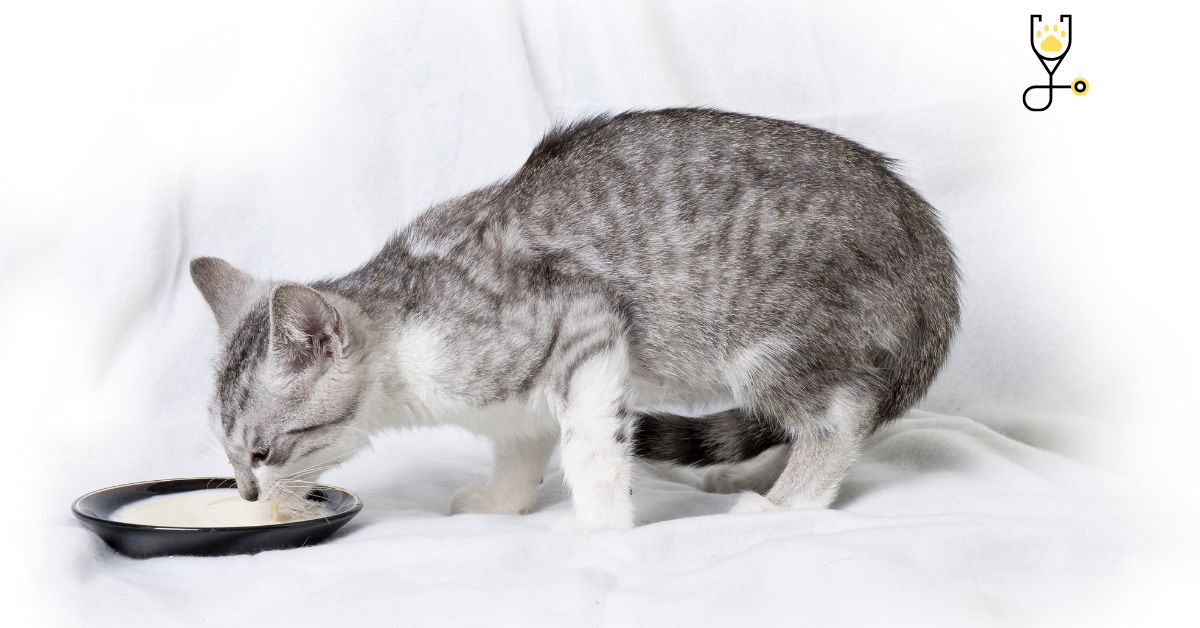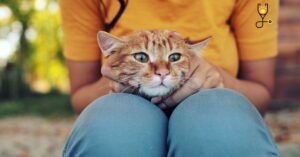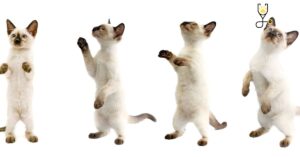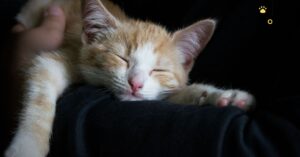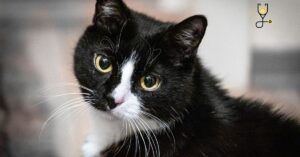There’s a debate among cat owners about whether milk is actually healthy for their pets to drink. Some say that it’s essential for cats to consume dairy in order to get adequate nutrition, while others argue that milk can cause health problems like diarrhea and vomiting. So, what’s the truth? Is it safe for cats to drink milk? Let’s take a closer look.
What Scientists Say About Cats and Milk
There isn’t a whole lot of scientific research on the subject of cats and milk, but what little there is seems to suggest that milk is not an essential part of a cat’s diet. In fact, most cats are actually lactose-intolerant, which means they can’t properly digest the sugars in milk. This can lead to gastrointestinal distress, including diarrhea and vomiting. So if your cat does drink milk, be sure to offer only small amounts and watch for any signs of discomfort.
What Vets Say About Cats and Milk
Many veterinarians recommend against giving milk to cats for precisely the same reason – because it can cause digestive upset. In addition, some vets believe that milk is unnecessary for cats since they can get all the nutrients they need from their regular diet of meat and kibble. So if you’re wondering whether to give your cat milk or not, your best bet is to consult with your veterinarian for advice.
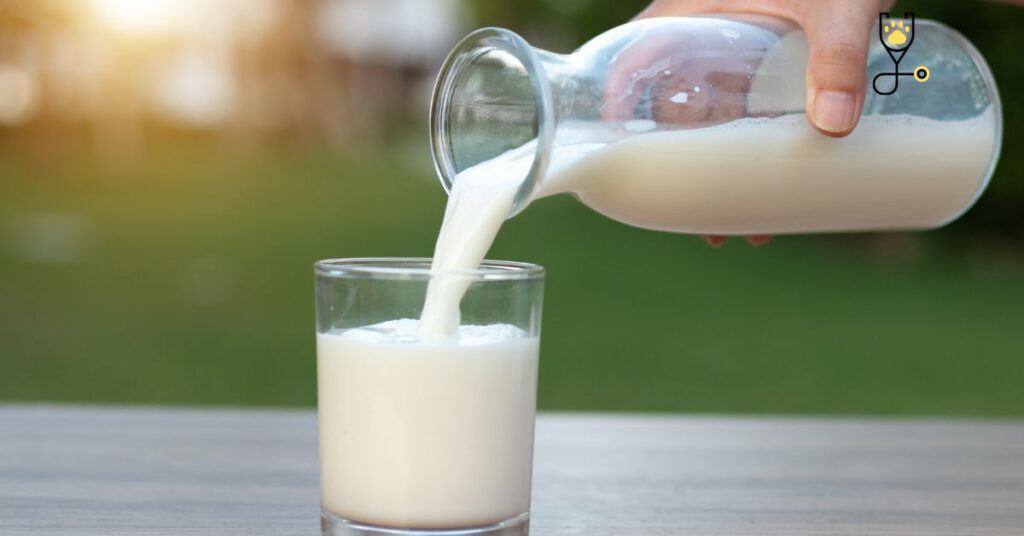
Benefits of Milk for Cats
First of all, it’s important to note that not all cats are lactose intolerant. In fact, most adult cats lack the enzyme needed to break down lactose, which is a sugar found in milk. However, kittens have this enzyme and can typically drink milk without any issues. That said, there are some benefits to giving milk to your cat. Milk is a good source of protein, which is essential for the growth and development of kittens. It also contains calcium, which helps keep bones strong. Additionally, milk can help soothe an upset stomach and provide hydration. There are also some commercial cat foods that contain dairy products like milk. If you’re feeding your cat one of these foods, then they’re likely getting some of the benefits of milk even if you don’t give it to them directly.
Learn More: Benefits & Drawbacks Of Blueberries For Cats
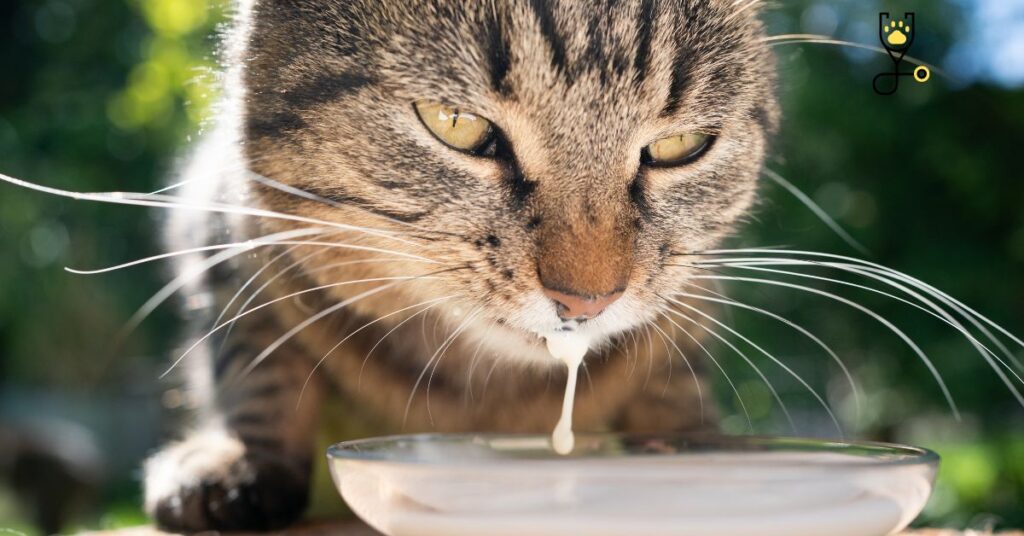
Drawbacks of Milk for Cats
While there are some potential benefits to giving milk to your cat, there are also some drawbacks that you should be aware of. One of the biggest concerns is that milk can cause diarrhea and vomiting in cats. This is because, as we mentioned, most adult cats are lactose intolerant. When they drink milk, the lactose can’t be properly digested and it ends up spending time in their intestines where it ferments and causes gastrointestinal distress. In some cases, this can even lead to dehydration. Additionally, milk contains fat and calories that could contribute to weight gain in cats. So, if you’re considering giving your cat milk, it’s important to weigh the pros and cons before making a decision.
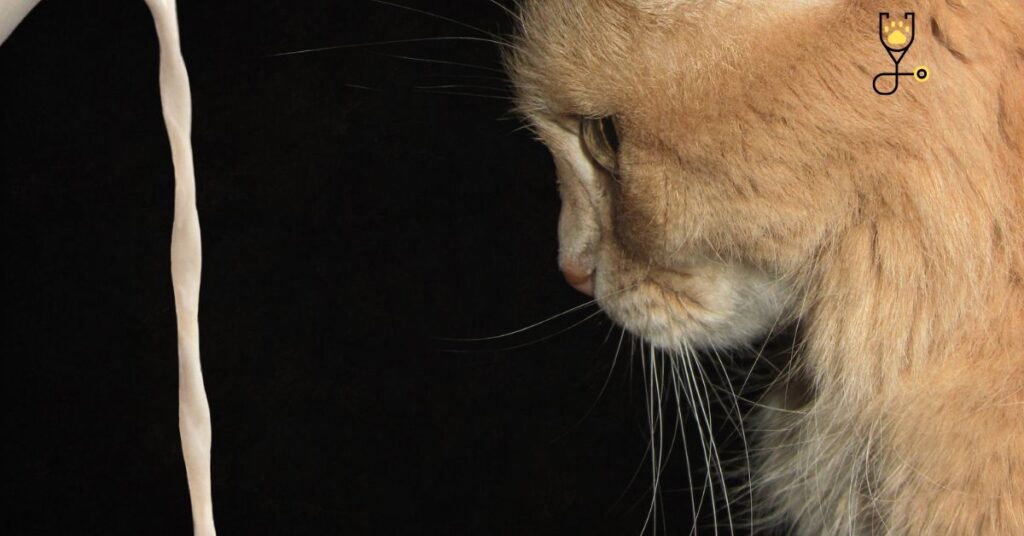
The Bottom Line
So, is milk healthy for cats to drink? The answer isn’t really clear-cut. There are some potential benefits to giving milk to your cat, but there are also some risks that you should be aware of. If you do decide to give your cat milk, it’s important to do so in moderation and to keep an eye out for any signs of gastrointestinal distress.
How Much Milk Can Cats Drink?
Now that we’ve answered the question, “Is milk healthy for cats to drink?” you might be wondering how much milk you can give your cat. The answer depends on a few factors, including your cat’s age, weight, and health status. Kittens, for example, can typically drink more milk than adult cats because they lack the enzyme needed to break down lactose. However, even kittens should only consume milk in moderation. If you’re unsure about how much milk to give your cat, it’s best to talk to your veterinarian for guidance.
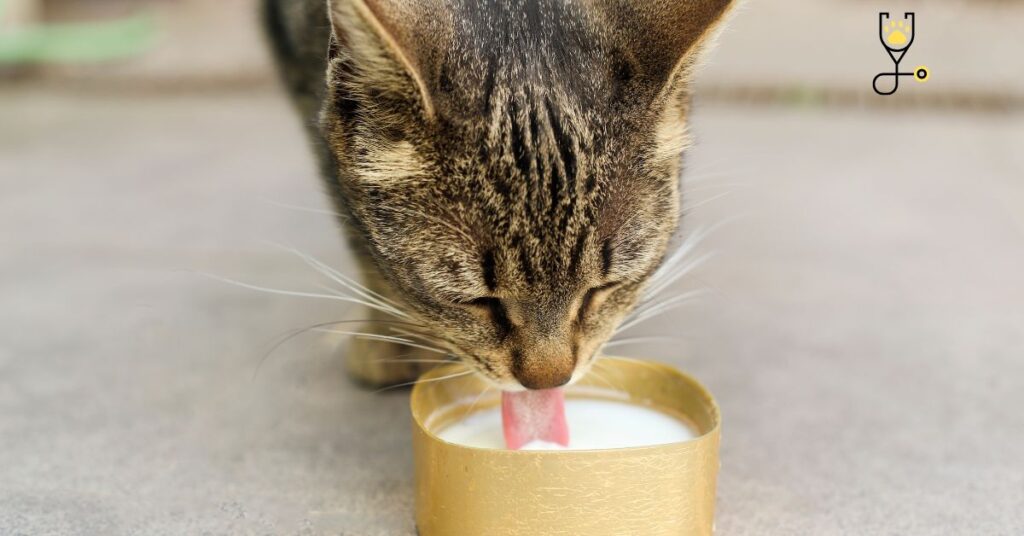
Conclusion
In conclusion, there is no clear-cut answer to the question, “Is milk healthy for cats to drink?” While there are some potential benefits to giving milk to your cat, there are also some risks that you should be aware of. If you do decide to give your cat milk, it’s important to do so in moderation and to keep an eye out for any signs of gastrointestinal distress.
Frequently Asked Questions
No, not all cats can drink milk. In fact, most adult cats lack the enzyme needed to break down lactose, which is a sugar found in milk. This can lead to gastrointestinal distress, including diarrhea and vomiting. Kittens typically have this enzyme and can drink milk without any issues.
Yes, milk can help provide hydration for cats. However, it’s important to keep in mind that milk also contains fat and calories that could contribute to weight gain in cats.
Yes, you can give your cat cow’s milk. However, it’s important to keep in mind that most adult cats are lactose intolerant and cow’s milk can cause gastrointestinal distress. If you do decide to give your cat cow’s milk, it’s best to do so in moderation.
Yes, you can give your cat goat’s milk. However, it’s important to keep in mind that most adult cats are lactose intolerant and goat’s milk can cause gastrointestinal distress. If you do decide to give your cat goat’s milk, it’s best to do so in moderation.
Yes, you can give your cat soy milk. Soy milk is a lactose-free alternative to cow’s milk that is safe for cats to drink. However, it’s important to choose soy milk that is unsweetened and does not contain any added sugar.
Yes, you can give your cat almond milk. Almond milk is a lactose-free alternative to cow’s milk that is safe for cats to drink. However, it’s important to choose almond milk that is unsweetened and does not contain any added sugar.
